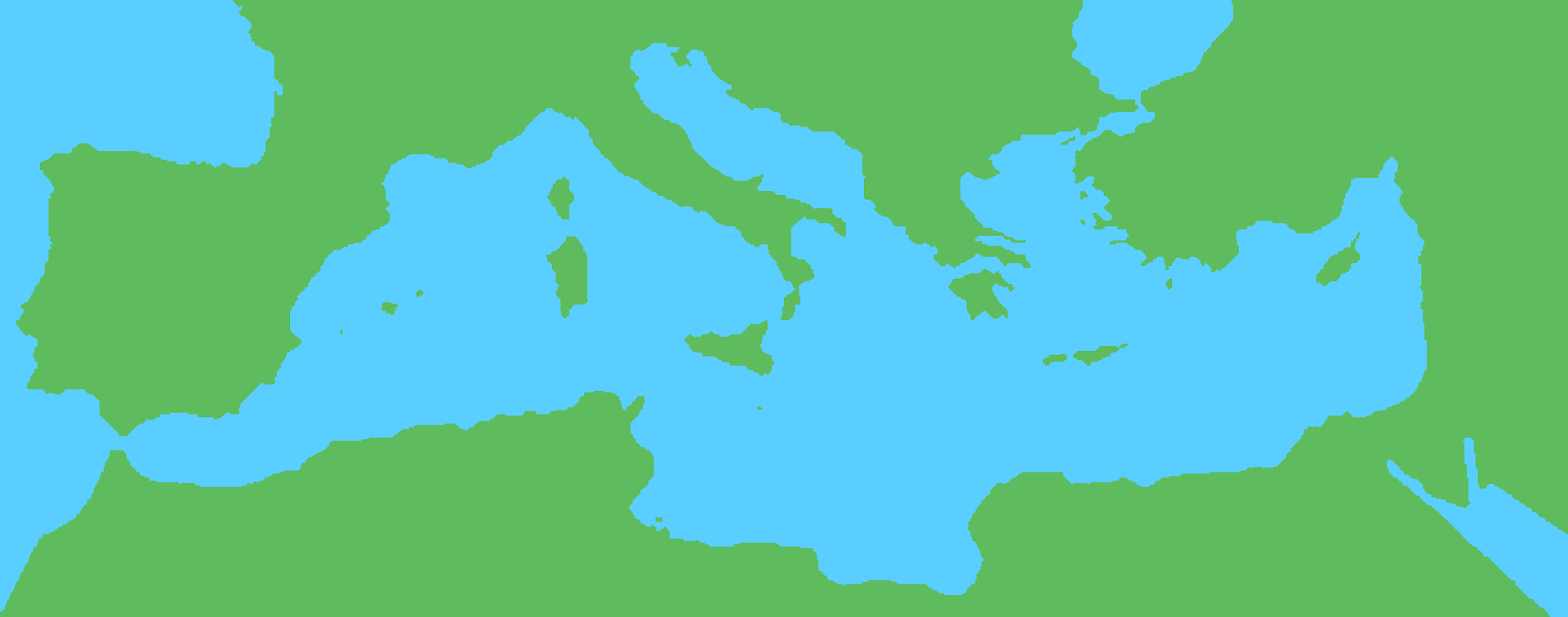Iraq. ISIS continues to represent a serious threat to Iraqi security. As a new study published by Jamestown shows dozens of people have been killed in a series of attacks launched by Islamic State north of Baghdad over the past few months. The recent surge in IS activity indicates that the group is now pursuing its old hit-and-run tactics in Iraq, and serves to illustrate how IS could exploit the divisions that remain among Iraqi factions. Since the security forces recaptured Mosul and liberated other cities and towns across Iraq (August 2017), militants found a safe shelter in the Hamrin mountains, which extends in the provinces of Diyala, Kirkuk and Saladin, where the groups is far less easy to locate and target. Example of the lingering ISIS threat is the offensive launched on 4 October by Iraq’s military in the desert regions around the Iraq-Syria border to target ISIL sleeper cells and pockets long after the group lost territory. Meanwhile, Iraq’s legislators have elected veteran Kurdish politician Barham Salih as the country’s new president. Salih is a former prime minister of the Kurdistan Regional Government and a former deputy prime minister of the Iraqi federal government. Salih was chosen on 2 October after a dispute between the two main Kurdish parties delayed the vote, eventually forcing them to choose among 20 nominees. Soon after Salih has named Shia Adel Abdul Mahdi as prime minister-designate and tasked him with forming a new government. On 5 October Yazidi activist Nadia Murad has won the Nobel Peace Prize alongside Congolese gynecologist Dr. Denis Mukwege, for their work in highlighting the use of sexual violence as a weapon of war (on this topic I suggest Carol Rittner, John K. Roth (edited by), Teaching about Rape in War and Genocide, Palgrave Macmillan, London 2016.). The first Iraqi to win the award, Murad was held captive as a sex slave for three months by Daesh militants and subjected to physical and sexual abuse. The Iraqi Ministry of Agriculture on 5 October announced that the winter crop area will be reduced by 55 per cent due to lack of irrigation water.
Libya. Derna in eastern Libya has been the scene for fierce clashes since 30 September between Derna Protection Force and the army forces led by Khalifa Haftar. Clashes renewed in Wasit Al-Blad neighborhood, where Derna Protection Force fighters are still in control as Haftar’s forces continue to encircle them. A Libya conference will be held in Sicily in November with talks focusing on an “inclusive approach” to stabilizing the war-torn north African country while not fixating on a date for elections. The peace conference in Palermo on November 12 and 13 will aim to “identify the stages of a stabilisation process”, Italian Foreign Minister Enzo Moavero Milanesi told the Senate. The United Nations Support Mission in Libya (UNSMIL) documented 40 civilian casualties –18 deaths and 22 injuries – during the conduct of hostilities across Libya in last September. According to UNSMIL victims included 14 men and four boys killed, and nine men, five women, one boy and one girl injured. The sex of six other injured individuals could not be determined. UNSMIL added that it had documented civilian casualties in Tripoli (16 killed and 22 injured), Benghazi (one killed) and Warshafana (one killed).
Egypt. Islamic State announced on 2 October the death of a senior member of the group in Egypt’s Sinai peninsula dealing a blow to militants behind a wave of attacks on Egyptian military and civilian targets. The notice, published under the heading “caravan of the Shuhada” or martyrs, showed a picture of a smiling young bearded man it identified as Abu Hamza al-Maqdisi.
Syria. On 3 October Russia completed the delivery of an S-300 surface-to-air missile system to the Syrian military as part of new security measures following the downing of a Russian plane last month. It has been said it would take three months to train the Syrian military to operate the new air defence systems, while the integration of Russian and Syrian air defence assets into a single automated system will be completed by October 20.
Europe. Germany has approved arms exports to Saudi Arabia worth $295 million in contravention of the coalition government’s own rules banning the transfer of weapons to countries “directly” involved in the Yemen war. The other eight countries involved in the Yemen conflict as part of the Saudi-led alliance received arms worth $28 million from Germany in the last six months.
Russia Focus. The head of the Defence and Security Committee of the Russian Federation Council, Viktor Bondarev, said on 30 September that the number of Russian military officers’ deaths in Syria had reached 112 since the launch of Russian operations in this country. Bondarev said that the human losses of his country’s forces in Syria amounted to 112 soldiers, and that about half of them were killed by the crash of the “AN-26” aircraft and the targeting of the “EL-20” aircraft. He also pointed out that the Russian forces also lost eight planes, seven helicopters and some armoured vehicles.

